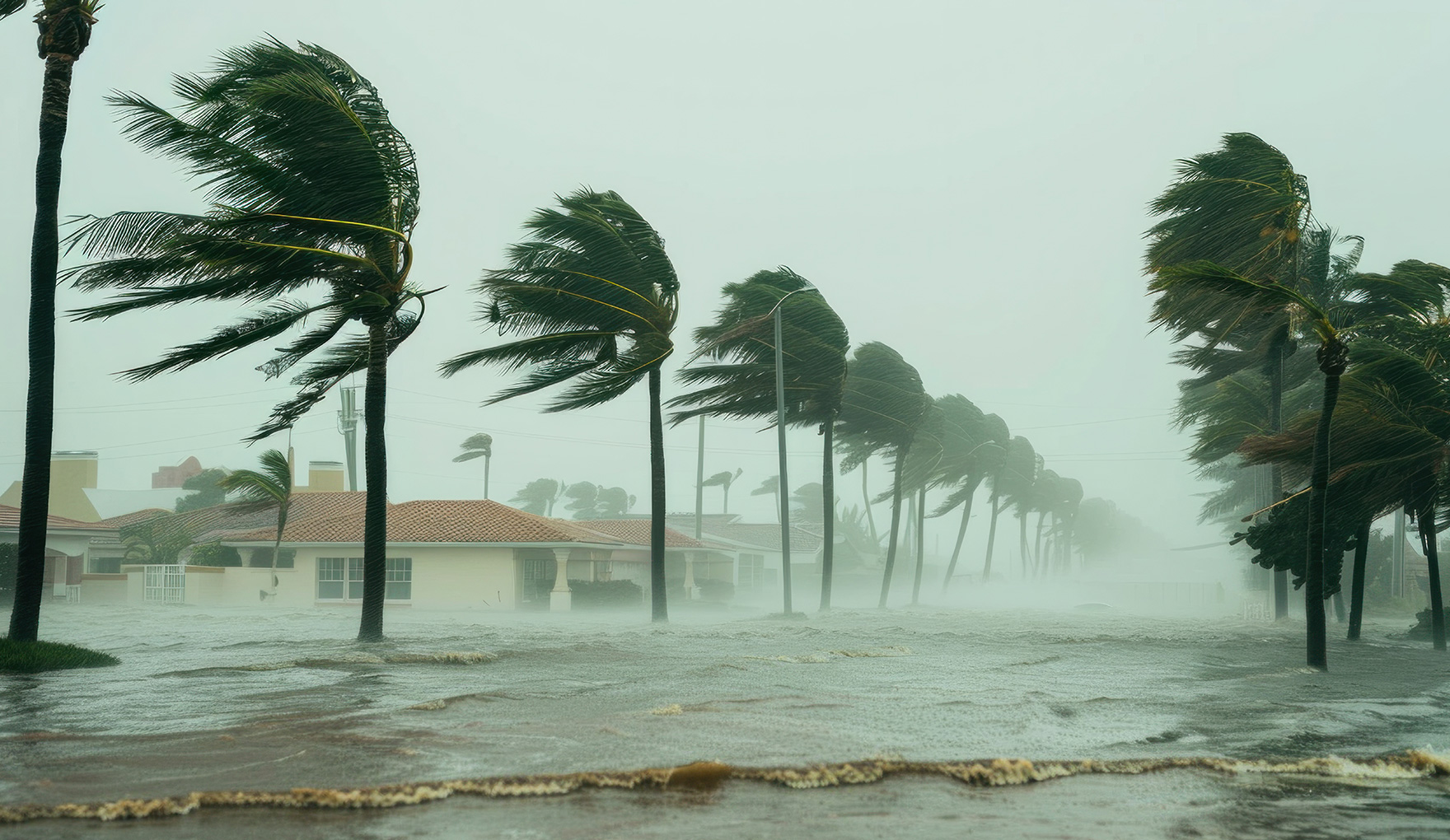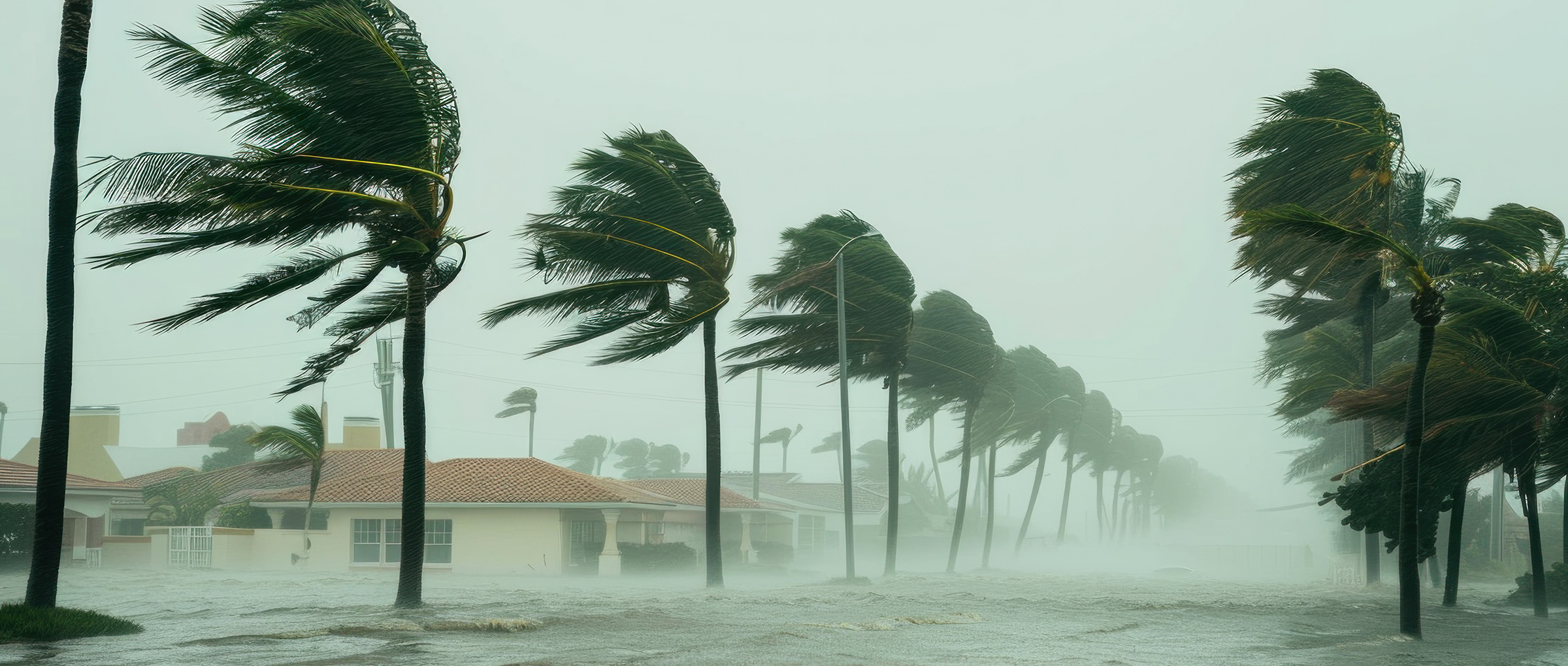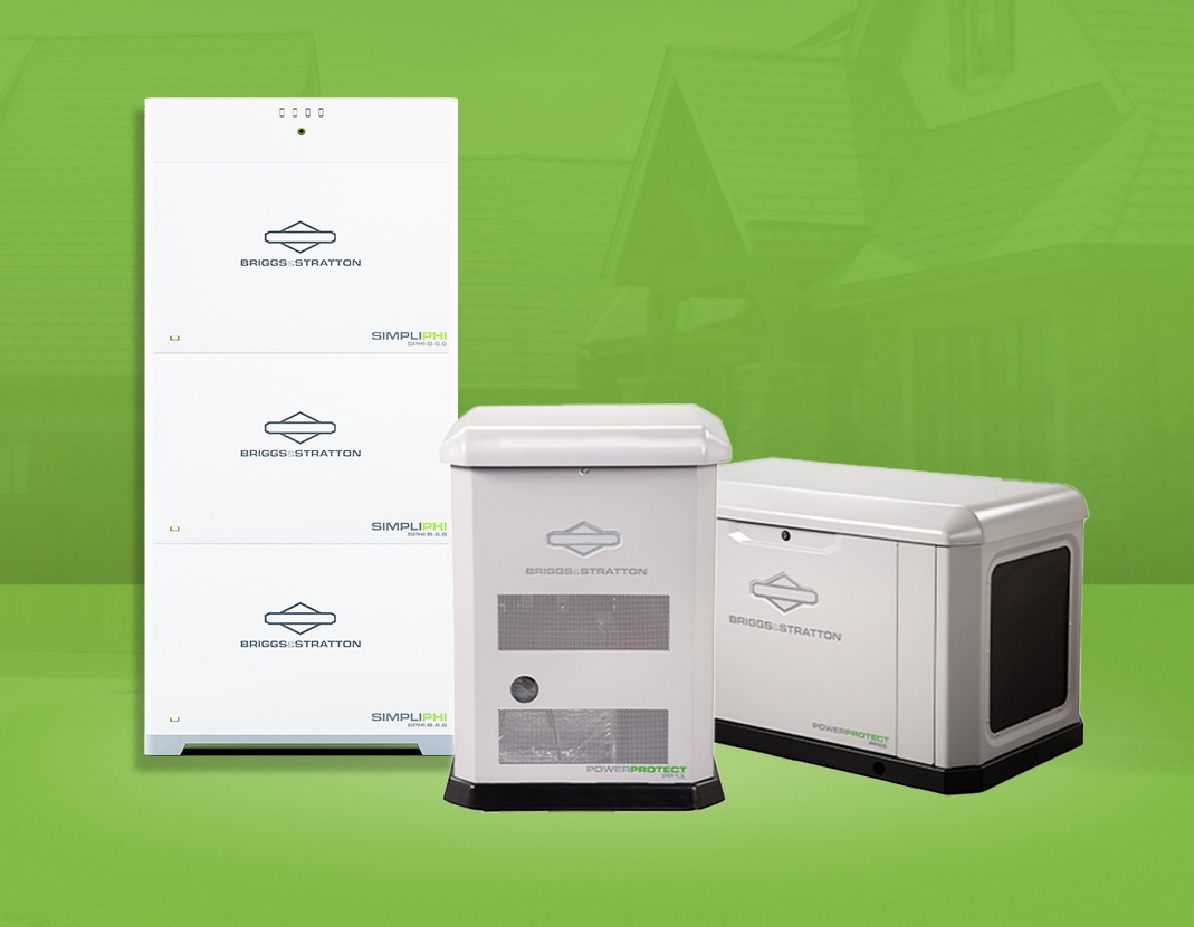Hurricane season brings the threat of power outages, making reliable backup power essential. Battery storage systems offer a valuable lifeline, but only if they're properly maintained and tested prior to an extended outage. Whether you have solar panels and a home standby generator or rely solely on batteries, these maintenance tips will help you weather the storm.
Battery Storage Maintenance for Everyone
Check Your Battery Health: Most battery systems have monitoring software or a display to show battery health and charge levels. Ensure your battery is in good condition and holding a full charge. If you notice any anomalies, consult your manufacturer's documentation or installer.
Cleanliness: Dust and debris can accumulate on inverter vents, hindering performance. Additionally, some batteries can experience corrosion or oxidation on the terminals. While lithium batteries do not release gasses as a lead acid battery can - it is important that you are maintaining a good electrical connection at the terminals.
Electrical Connections: It is important to have your service technician or installer check all of the electrical connections within your system on an annual basis. Due to the risk of electrical shock, we recommend that this is done by a professional.
Temperature Control: Extreme temperatures can negatively impact battery life and performance. If your battery is in a hot or cold location, consider adding insulation or ventilation to keep it within the optimal temperature range.
Firmware Updates: Manufacturers often release firmware updates to improve battery performance and address any potential issues. Check for updates regularly and install them according to the manufacturer's instructions.
Emergency Plan: Have a written plan for power outages that includes which appliances and devices will be powered by the battery and for how long. Knowing your battery's limitations will help you manage its usage effectively.
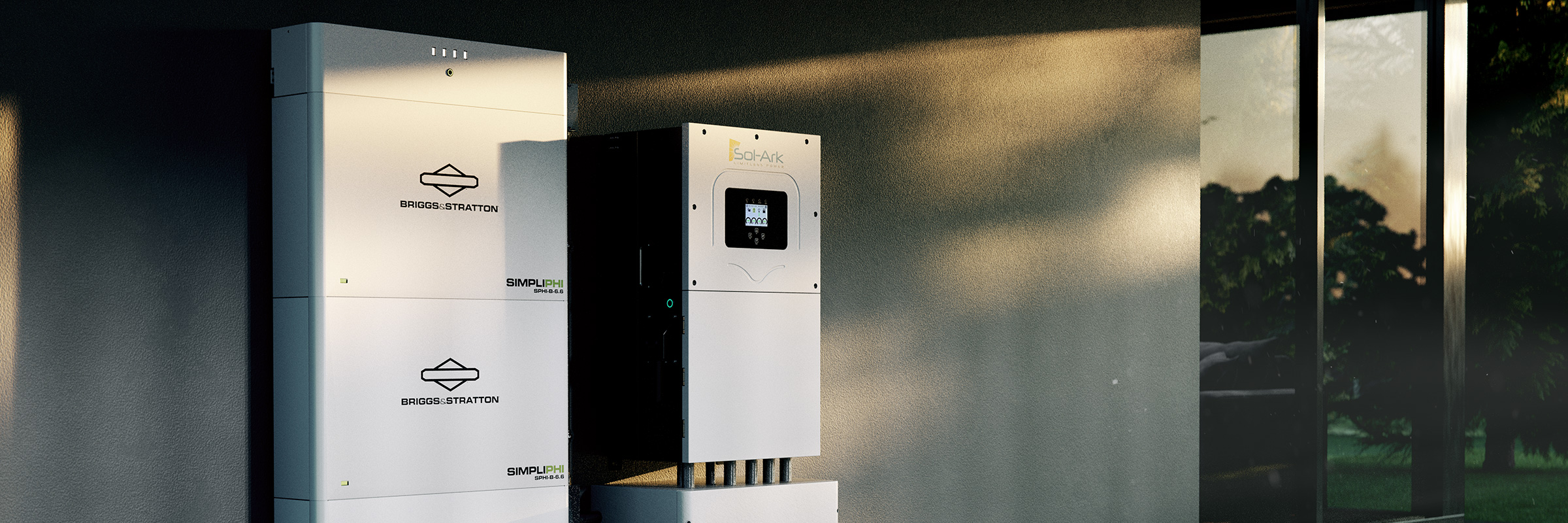
Tips for Battery Storage with Solar Panels
Inspect Solar Panels: Before hurricane season, ensure your solar panels are clean and free of damage. Clear any debris or overhanging branches that could obstruct sunlight. It is important that as part of regular maintenance, your system service professional checks the wiring between solar panels to ensure that there is no abrasion or damage from animals.
Maximize Charge: As a storm approaches, prioritize charging your battery storage system. If possible, run appliances and devices that use more energy beforehand to reduce the load on the battery during an outage.
Disconnect from the Grid: Test your grid down scenario before an outage happens. Learn how to simulate an outage by shutting off your load panel from the grid and check to see if your battery system comes online automatically. If you have a hybrid inverter that is designed for backup use, this will happen automatically.
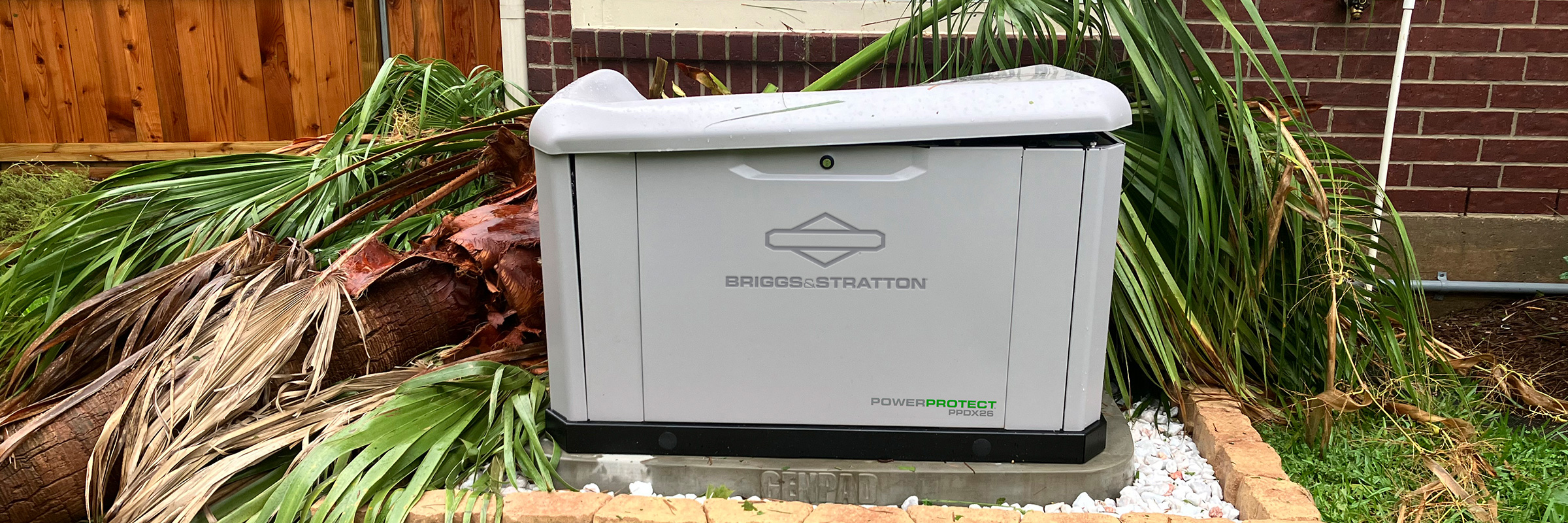
Tips for Battery Storage with a Home Standby Generator
Test Your Generator: Run your generator monthly to ensure it starts and operates properly. Check for any leaks, unusual noises, or warning lights.
Fuel Supply: A reliable fuel source is critical for any generator. If you have a portable model, keep an adequate and safe supply of fresh, stabilized fuel on hand. For standby generators connected to a natural gas line or propane tank, confirm that the service is active and the tank is full enough to get you through a potential extended outage.
Automatic Transfer Switch (ATS): If you have an ATS, verify that it switches between grid power and generator power seamlessly. If you don't have one, consider installing it to avoid manually connecting and disconnecting your generator.
Coordinating Generator and Battery: For optimal fuel conservation and power management, it's crucial to coordinate your generator and battery system. If your system is designed for it, a highly effective strategy is to use the generator as a redundancy for your battery bank. For instance, in a system without solar, you can set the grid to charge the batteries during the night when power is less expensive. Then, during an outage, you would use the batteries to power your loads. The generator should only be configured to come on when the battery voltage gets low. This approach ensures you run on stored energy first, which conserves fuel all the way around.
Important Note: Always consult your system's documentation and a qualified professional for specific maintenance and operational instructions.
Stay Safe and Stay Powered!
By following these tips, you can significantly enhance the reliability of your battery storage system during hurricane season. Remember, preparation is key to weathering any storm. Stay safe, stay powered, and rest assured that your home's energy needs are well-taken care of.


